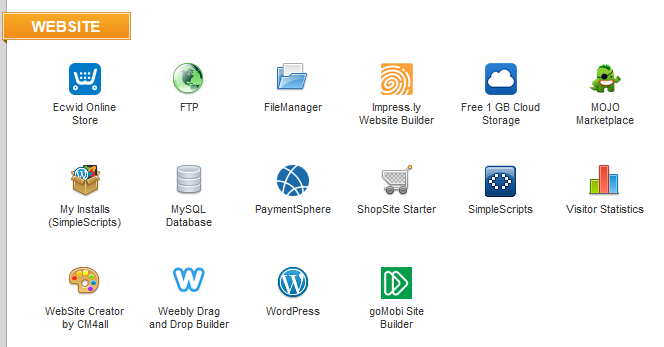So what's the day to day basis of a web developer at a company, what's the hours like? And are you told what project is, and if so do they expect you to know every line of code or can u just google things while on the job?
Once I finish school I will start applying to jobs, just want to know what I'm getting at
Mostly depends on the kind of environment you're gonna work in.
Like, in a corporate you'll hardly be involved in any decision (which will be likely taken by the part of the team - usually project managers - working closely with the client).
In a smaller company you'll be far more involved in all the workflow.
Hours, well, as any programming/design job, you'll have periods you'll barely have anything to do, and others where you'll have to work nights and weekends. It's part of the job, and eventually you may even end up cherishing it.
My best memories of my previous job are related to crunch times, super harsh and straining, plenty of arguing between colleagues, but in the end they always were an awesome way to bond.
Google = life.
No one is expected to know everything, and Google is, was and forever will be your best friend. And Stack Overflow, of course. And all the great and helpful people here too.

